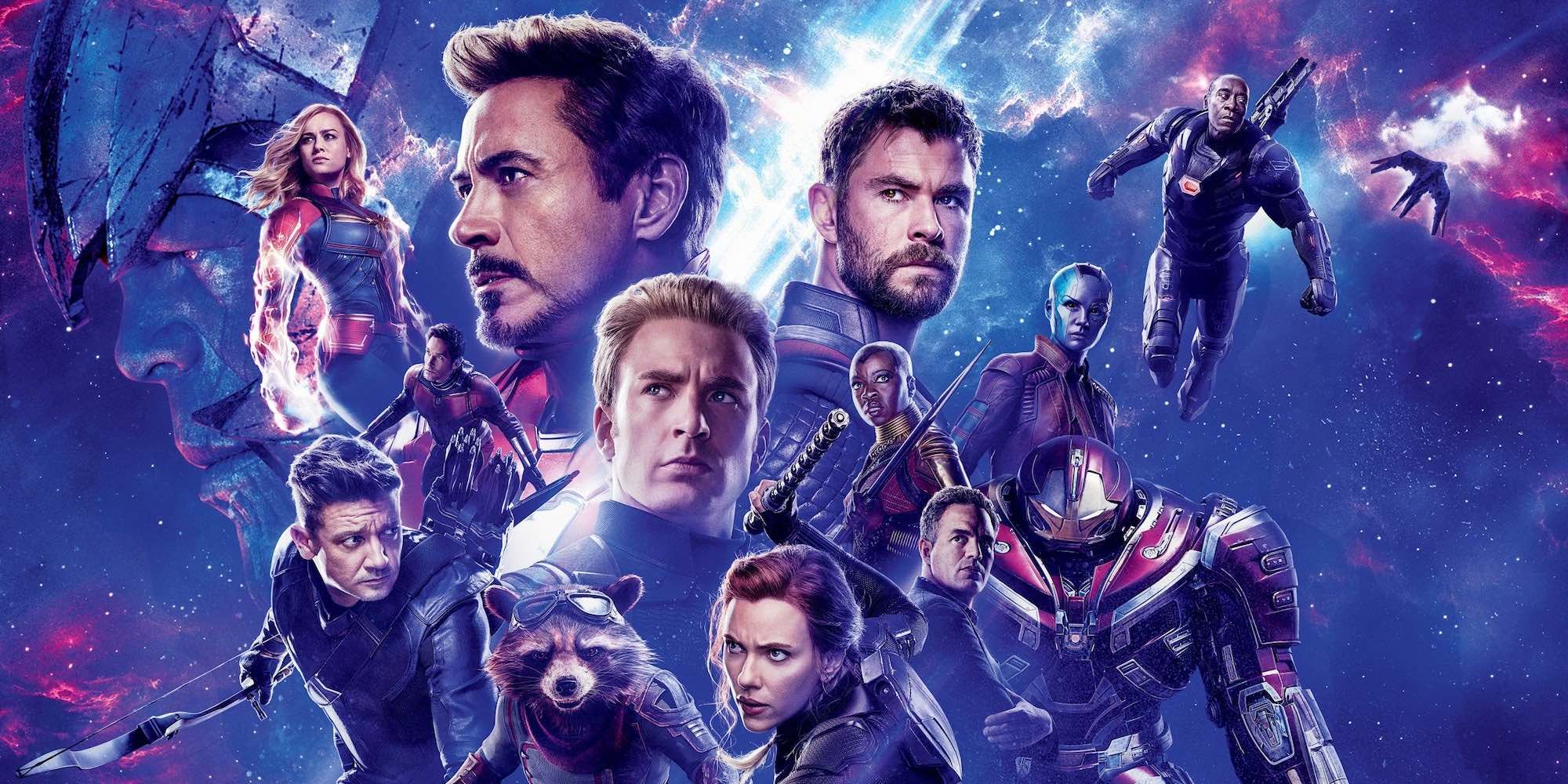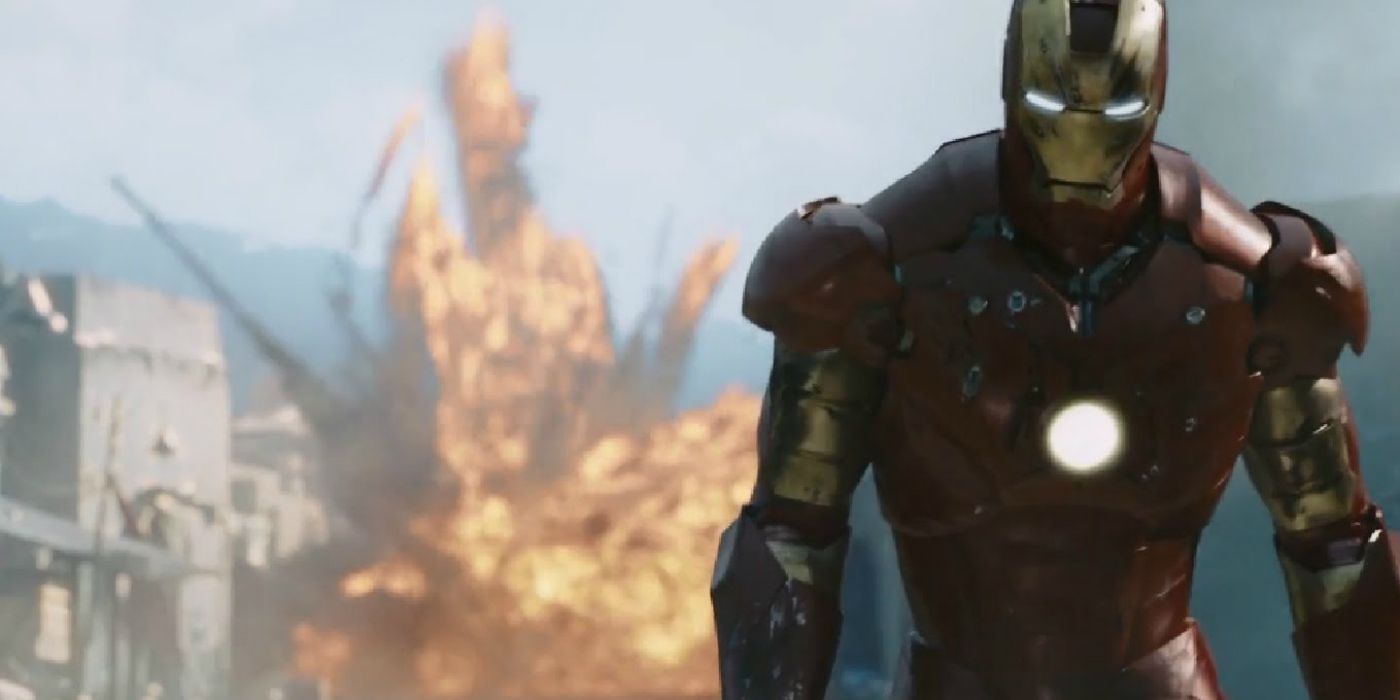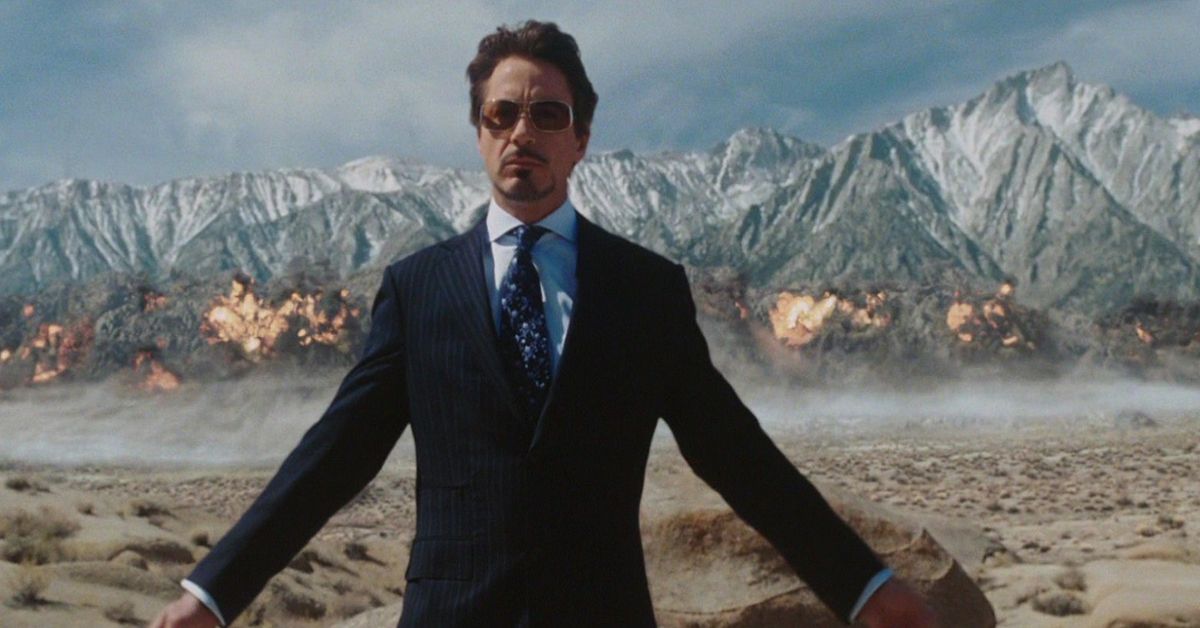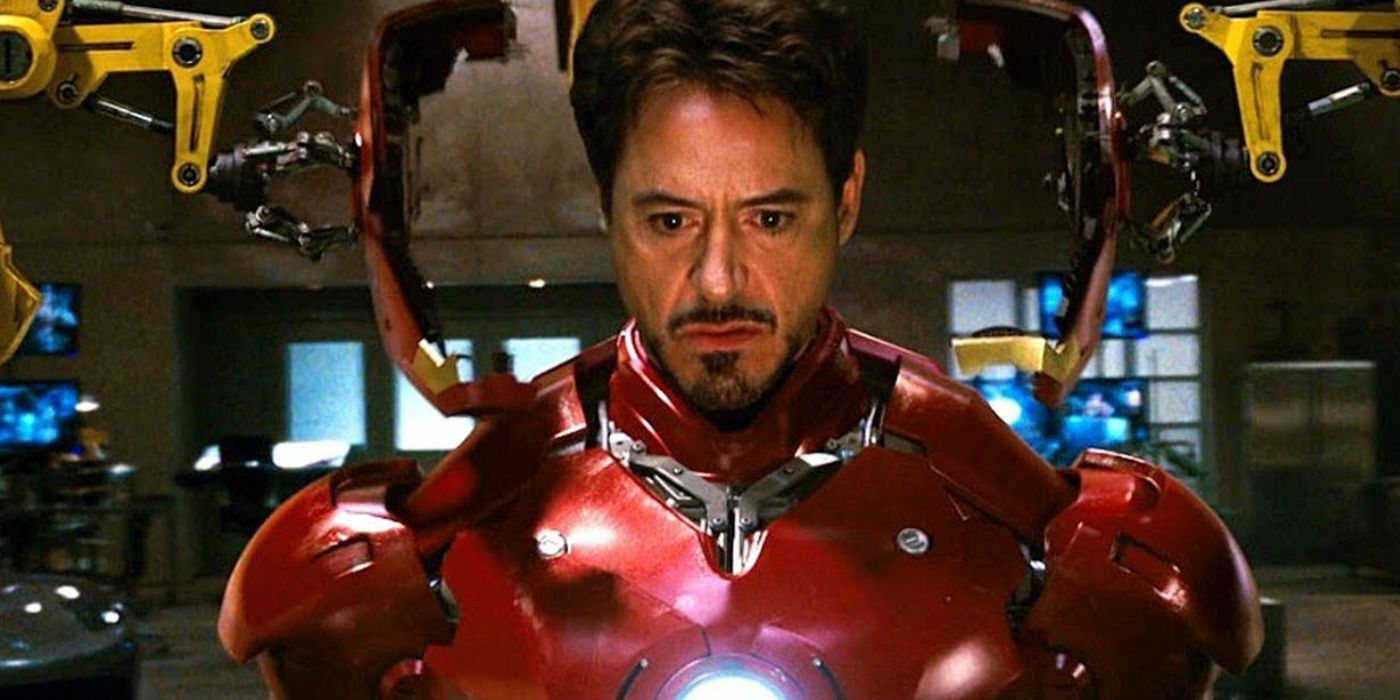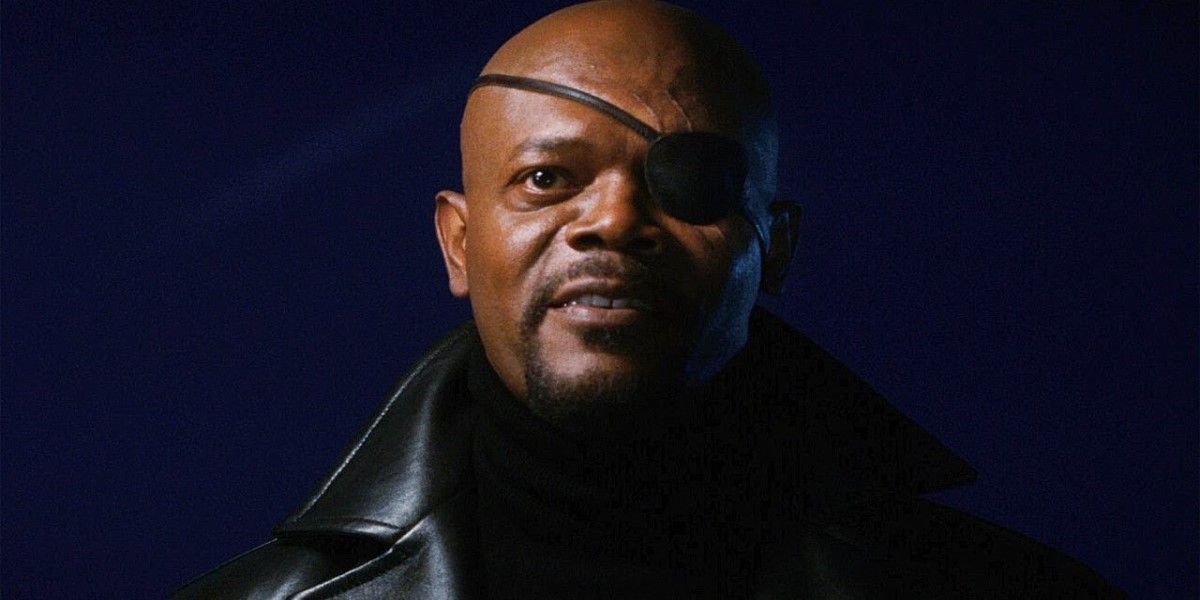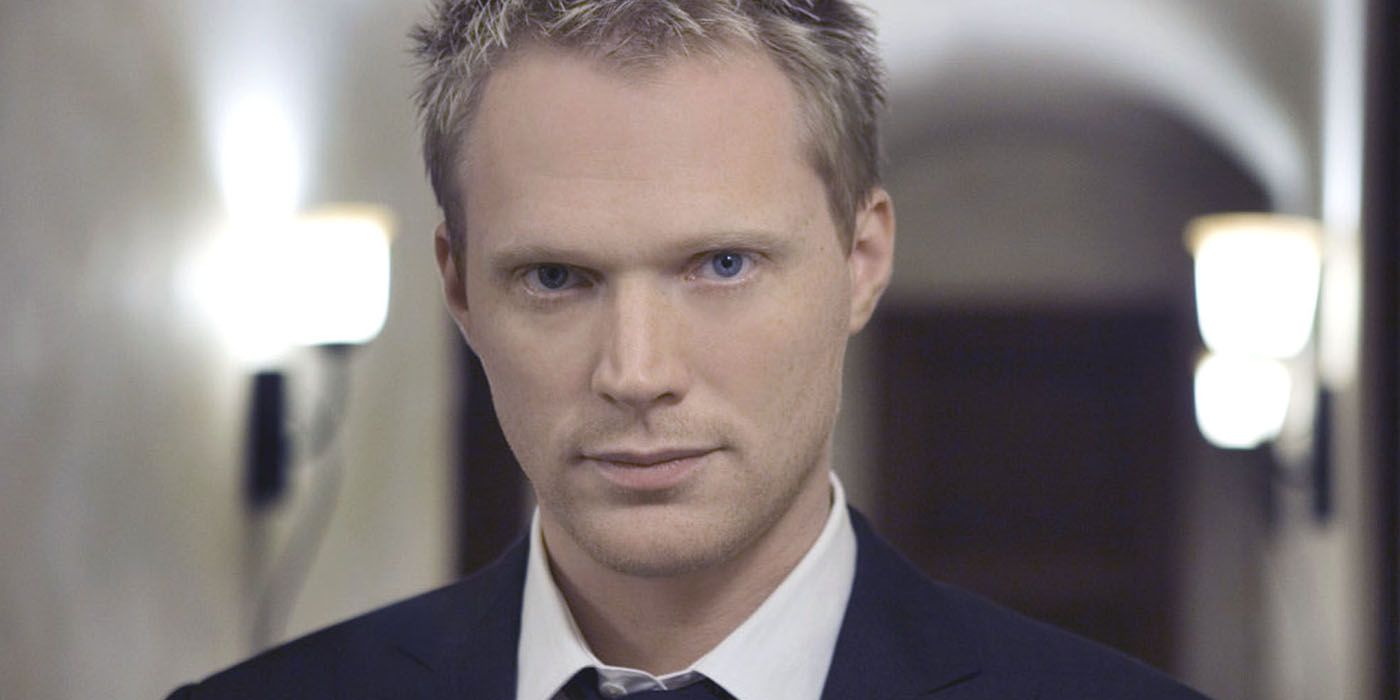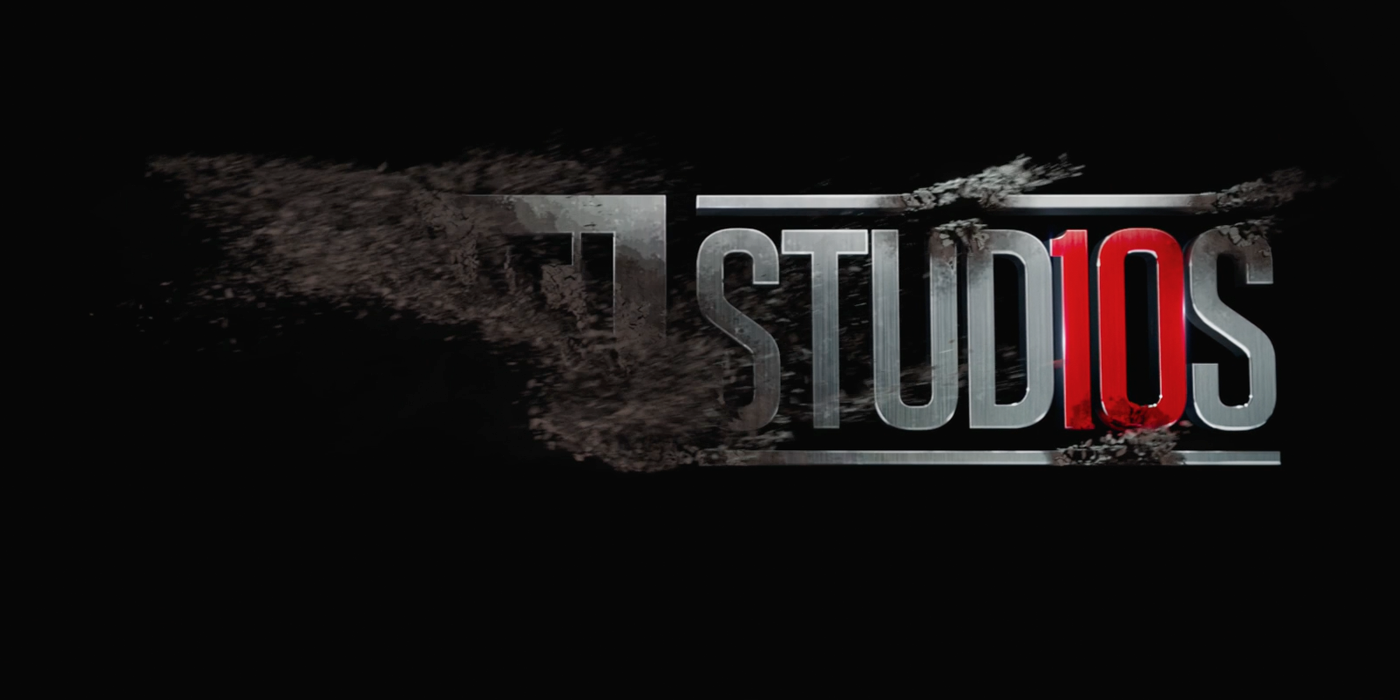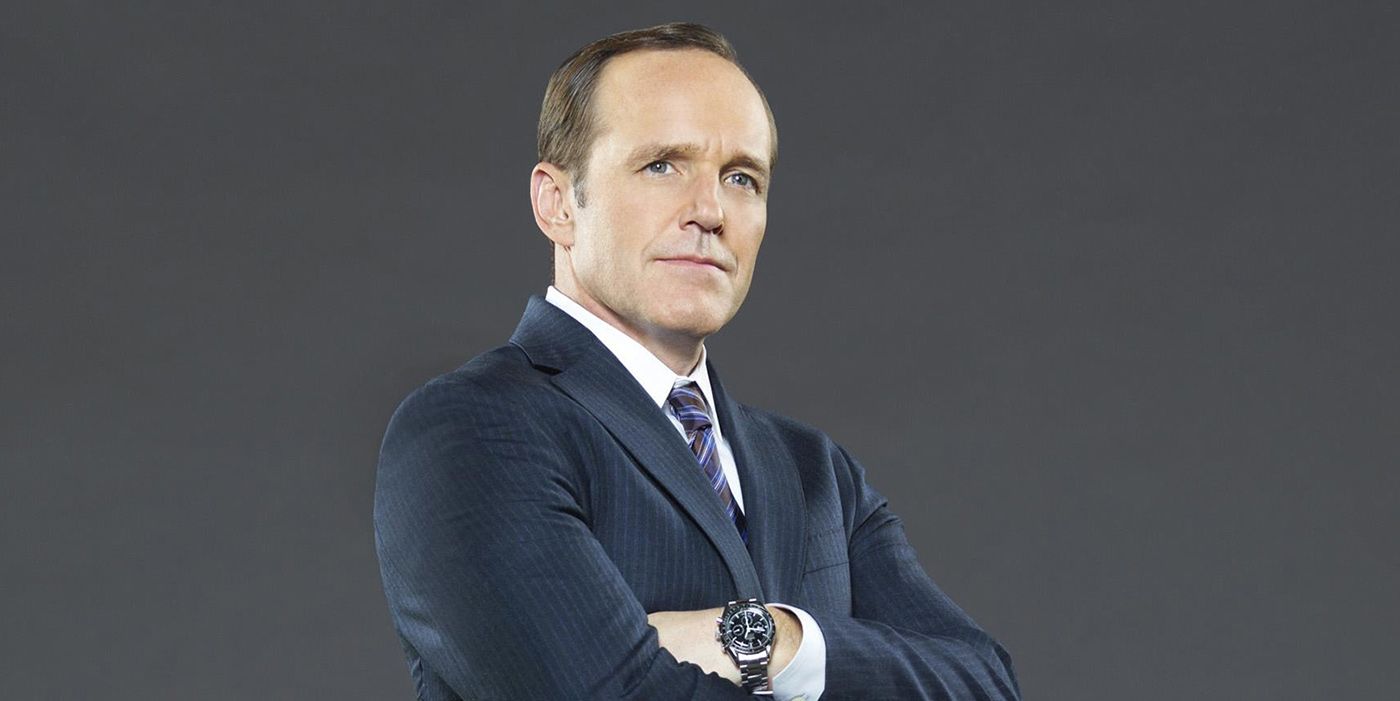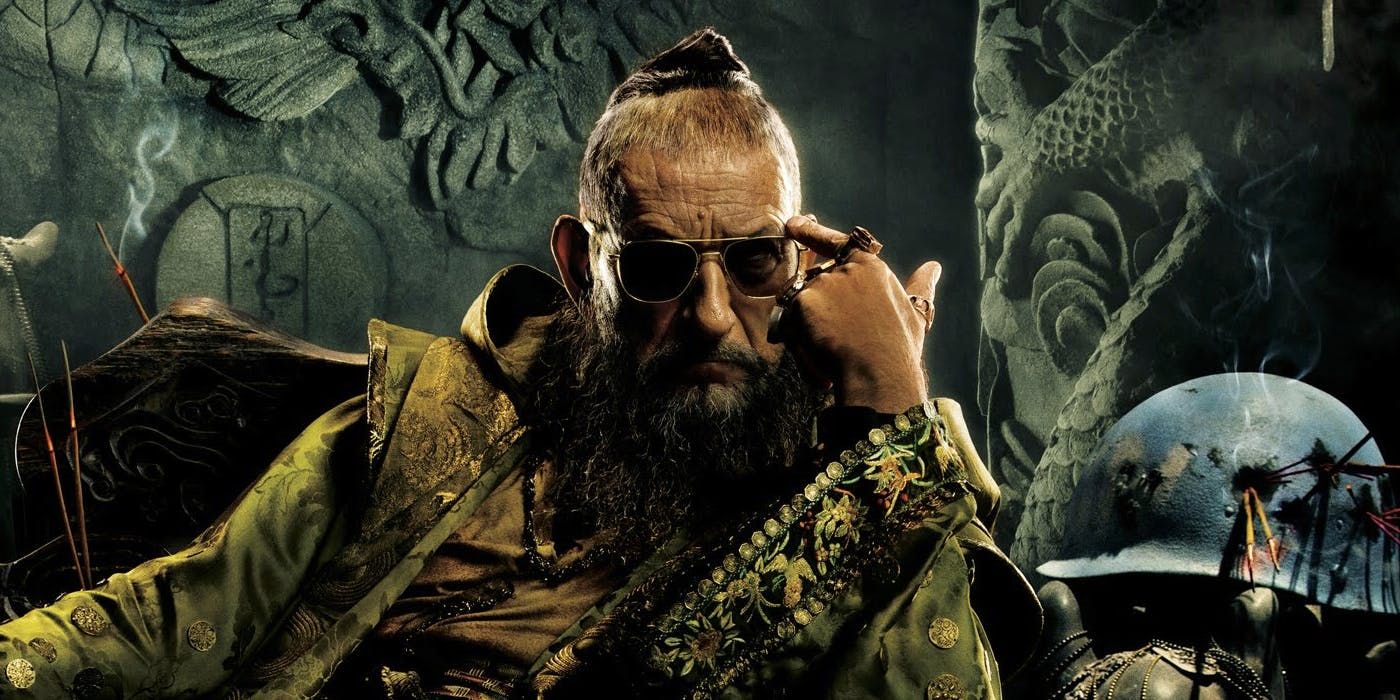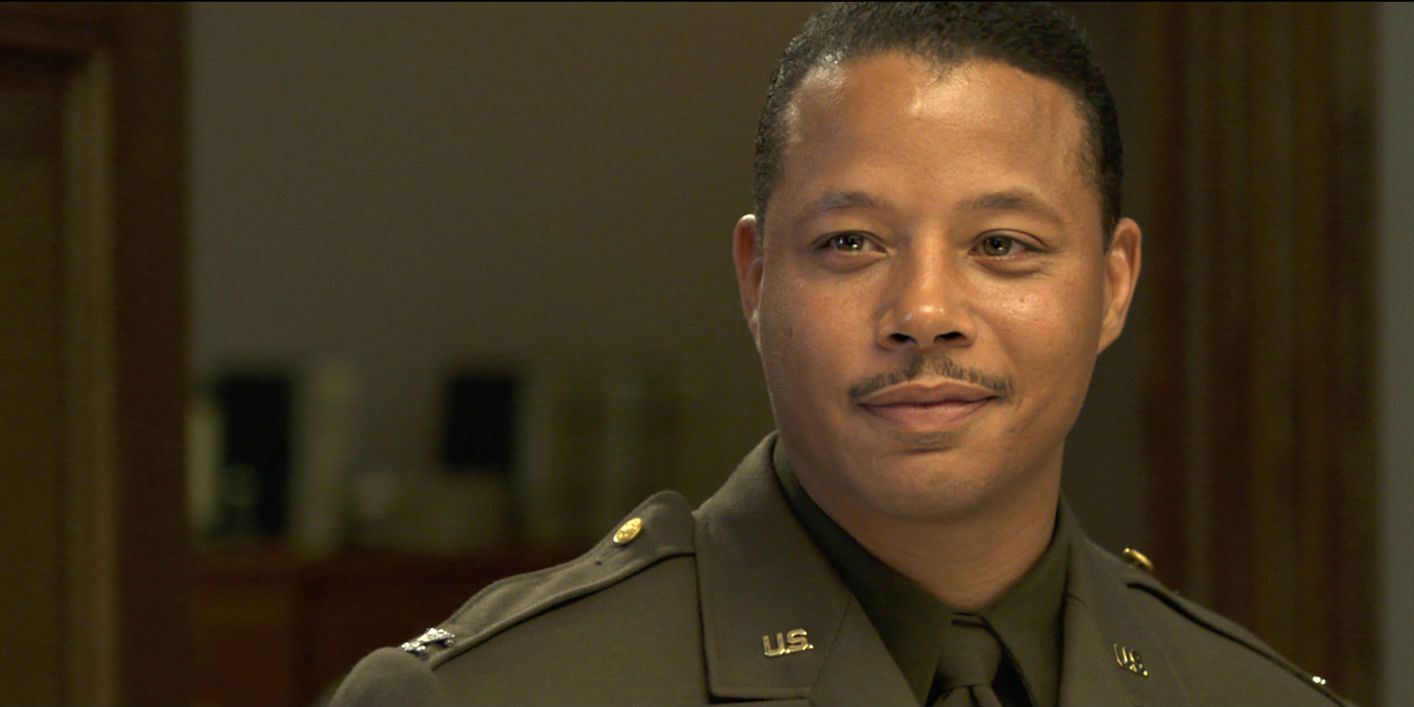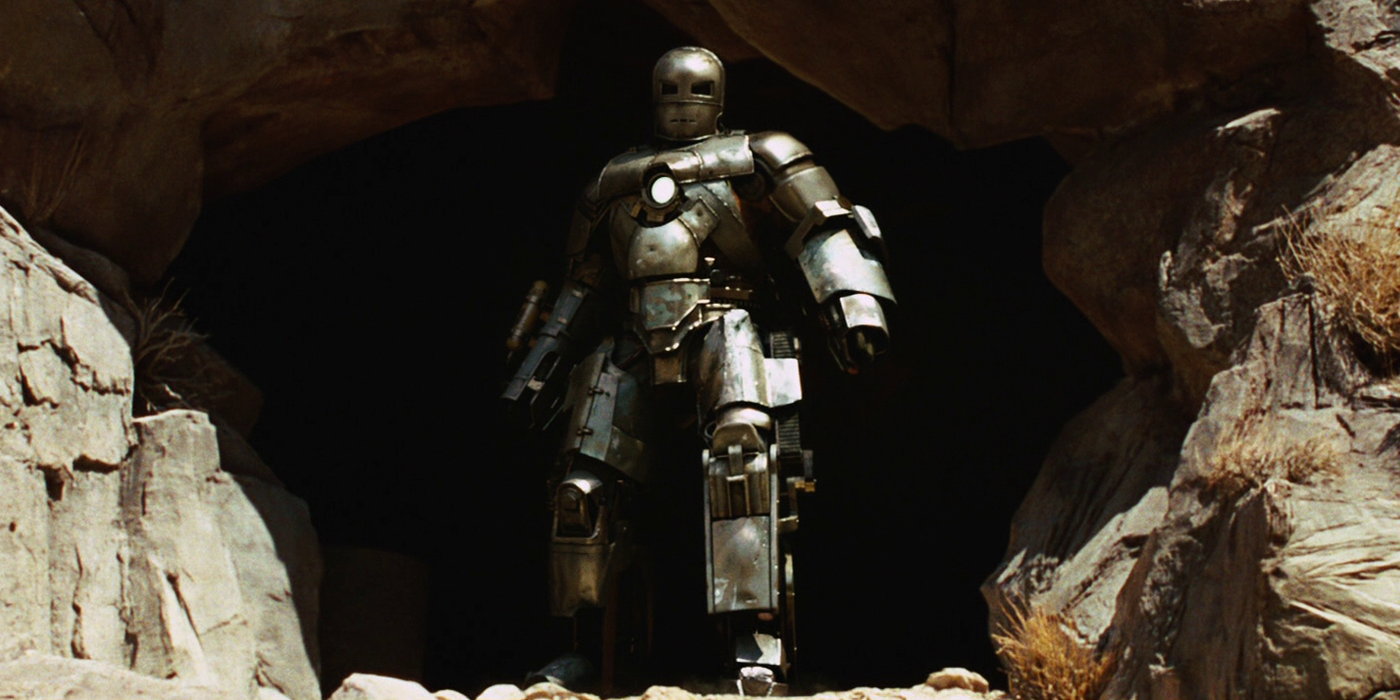The MCU is an unprecedented cinematic beast. Never before have more than twenty movies come together to create one coherent world. Sure, there are the James Bond films, but that's a single character put into different scenarios throughout the decades rather than one overarching narrative. Since Marvel's huge success with its series, many other studios have attempted similar enterprises, but none have achieved anywhere close to the same results.
Twelve years ago, people would have looked at someone like they had snot profusely dripping out of their nose if they told them Marvel was going to be the biggest thing in theaters. Yet here we are: Avengers: Endgame is one of the highest grossing films of all time, and moviegoers are in a constant cycle of waiting for the next release from Marvel Studios. Getting to this point was no easy task for the producers and filmmakers involved. The following ten entries will reveal ten secrets from the beginning of the now beloved franchise that prove just how arduous it was to get off the ground. All the facts presented are either from before Iron Man or during its production.
It Was A Huge Gamble
In 2006, Marvel was in financial straights. When Marvel Studios was formed, the company took out a massive loan of more than half a billion dollars to produce Iron Man and The Incredible Hulk.
If neither of those movies had been successful, the comic book company would have been in huge trouble. Thankfully, Iron Man was bigger than anybody had predicted, being Marvel's first step to leaving their financial woes behind.
Casting RDJ
Before Iron Man, Robert Downey Jr. had recently overcome a struggle with addiction and even served some time behind bars. Jon Favreau knew that Robert was the man for the job, but had some convincing to do.
The director felt the actor's life paralleled with Tony Stark's, which would help bring authenticity to the film. Favreau eventually was able to get RDJ, and the rest was history. 2008 proved to be a great year for the actor, with a revered performance in Tropic Thunder in addition to Iron Man.
Why They Started With Iron Man
From all of the well-known comic book properties, why kick off a cinematic universe with Iron Man? The character was not particularly famous to people outside of the comic book community. By 2008, a lot of Marvel's most popular characters belonged to different studios. Spider-Man was with Sony, and X-Men was with Fox. They had little other choices than to go with Iron Man for the first run.
They were lucky to still be holding on to a handful of heroes from the core Avengers team, making phase one a possibility at all. We guess if they had gotten too desperate, they could have thrown in Emma Peel and John Steed to round out the bunch.
Iron Man's Stinger
The post-credits scene to Iron Man established a positive trend for the franchise. Give audiences a solid standalone story with some added hints on what's to come and breadcrumbs that contribute to the overall narrative.
The scene itself was filmed in complete secrecy. Hollywood was never good at keeping secrets, though, and the public found out about it prior to the theatrical debut.
Paul Bettany
Before his turn in the MCU as J.A.R.V.I.S., Paul Bettany was recognizable from the impressively dour and repulsive Dogville (though being a Lars Von Trier film, his fans would have it no other way) and A Beautiful Mind.
His voice work in Iron Man was done as a favor to Jon Favreau and took him two hours to record, but his role in the MCU was heavily expanded upon starting with Age of Ultron. Coincidentally, his wife, Jennifer Connelly, played the voice of the suit in Spider-Man: Homecoming.
Marvel's Marketing
Marvel knew the character of Iron Man was obscure to the general public. In fact, many people thought he was a robot instead of a man in a robotic suit.
To remedy his public image, Marvel produced several short animation clips to help people better understand the character before they made their big play to bring him to the big screen.
Phil Coulson
Clark Greg's contract was for three films. This perplexed him at first because of his minor role. After seeing his chemistry with the rest of the cast, Jon Favreau continued to add scenes and dialogue for the actor.
Eventually, the character became a vital part of phase one. Even after the character bit the dust in Avengers, he went on to have his own television series, where he was brought back to life.
The Mandarin
The Mandarin was originally slated as the main villain in Iron Man. His part in the script was removed fairly late into the planning stages, too. He would have resembled more of his original comic book persona, and not the character presented in Iron Man 3.
Some fans were upset by his use in the 2013 movie, but it was an intelligent commentary on the fears and prejudices that made it easy for people to see The Mandarin as a villain in the first place.
Terrence Howard
Believe it or not, Terrence Howard made more money than Robert Downey Jr. in Iron Man. He did not return to the sequel for several reasons.
Supposedly, he was supposed to make eight million dollars for the role but was only offered one million. Jon Favreau was also not a fan of his performance in the 2008 feature. Howard is a fine actor, but Don Cheadle really shines in the role.
It Didn't Have A Completed Script
Iron Man did not have a completed script when shooting for the film began. This led to much of the dialogue being ad-libbed. Robert Downey Jr. took full advantage of this opportunity, but other actors were not as comfortable and sometimes had a hard time keeping up with the star's pace.
Jeff Bridges was initially worried about not having finished dialogue, but ultimately enjoyed the experience on set. If one lesson can be taken away here from pre-MCU, it's that some of the most successful endeavors had rocky and uncertain beginnings, but stuck the landing because they kept marching forward with something they believed in.

